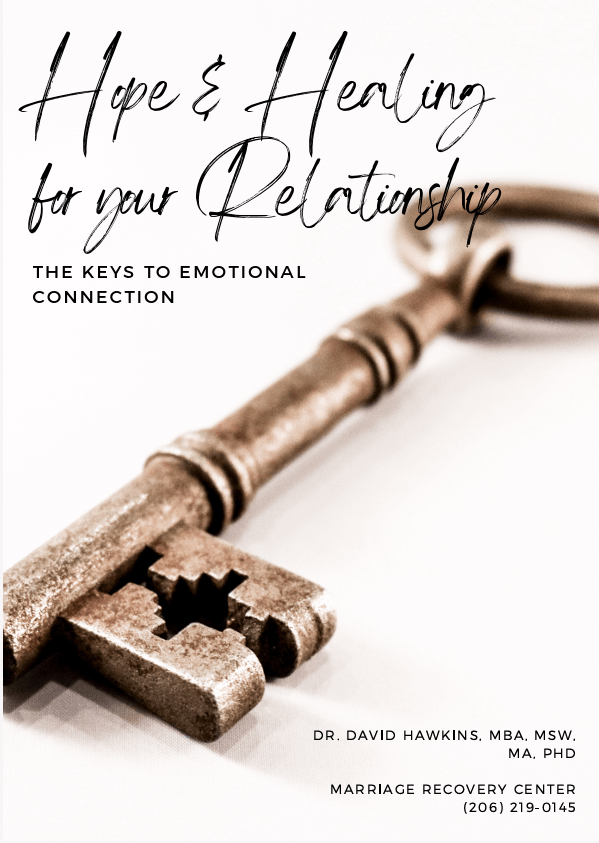Anger, when it’s out of control, is an insidious beast that wreaks havoc in people’s lives. If rage is something that you struggle with, it’s important to understand the biology of anger, as well as learn techniques that will allow you to better mitigate it.
First Steps Toward Managing Your Anger
- Don’t believe everything you think.
In his famous “Challenger Study” from January of 1986, psychologist Ulric Neisser surveyed college freshmen, asking them to share key information related to their personal experience of the Challenger space shuttle explosion. Three years later, Neisser re-surveyed the same students and asked them the same questions regarding the same event. Neisser found considerable lapses in the memories of the students over the three years—they often remembered the same event quite differently. And even when presented with their original survey responses, many preferred to believe that what they remembered in 1989 (three years later) was what really happened.This study shows that we should not always trust how we remember things. Rather than digging in and getting into disagreements with others over facts or words, maybe we would all be better off starting with an “I don’t really know for sure” mentality. This perspective would likely eliminate a large percentage of conflicts! - You’re not in your right mind when you’re angry.
When anger takes hold of your brain, the blood flows away from the pre-frontal cortex (the seat of conscious thinking, where we are when we’re being present and aware) and goes to the hind-brain (the seat of unconscious thinking and the storehouse of old habits and patterns). If we can simply calm ourselves down when we first recognize the signs of oncoming anger, we would be able to stay more conscious and thoughtful and give ourselves the best opportunity to work through a situation gracefully. Two powerful ways to keep the brain from becoming overwhelmed are breath awareness (just staying aware of your breathing) and meditation (paying attention to your thoughts but not reacting to them).
Are you ready to overcome your anger?
At the Marriage Recovery Center, we can help you identify these self-protective patterns that lead to anger and give you the tools to figure out what else you’re feeling. For more information, or to learn about our other programs, contact our Client Care Team here or call our office at (206) 219-0145.








